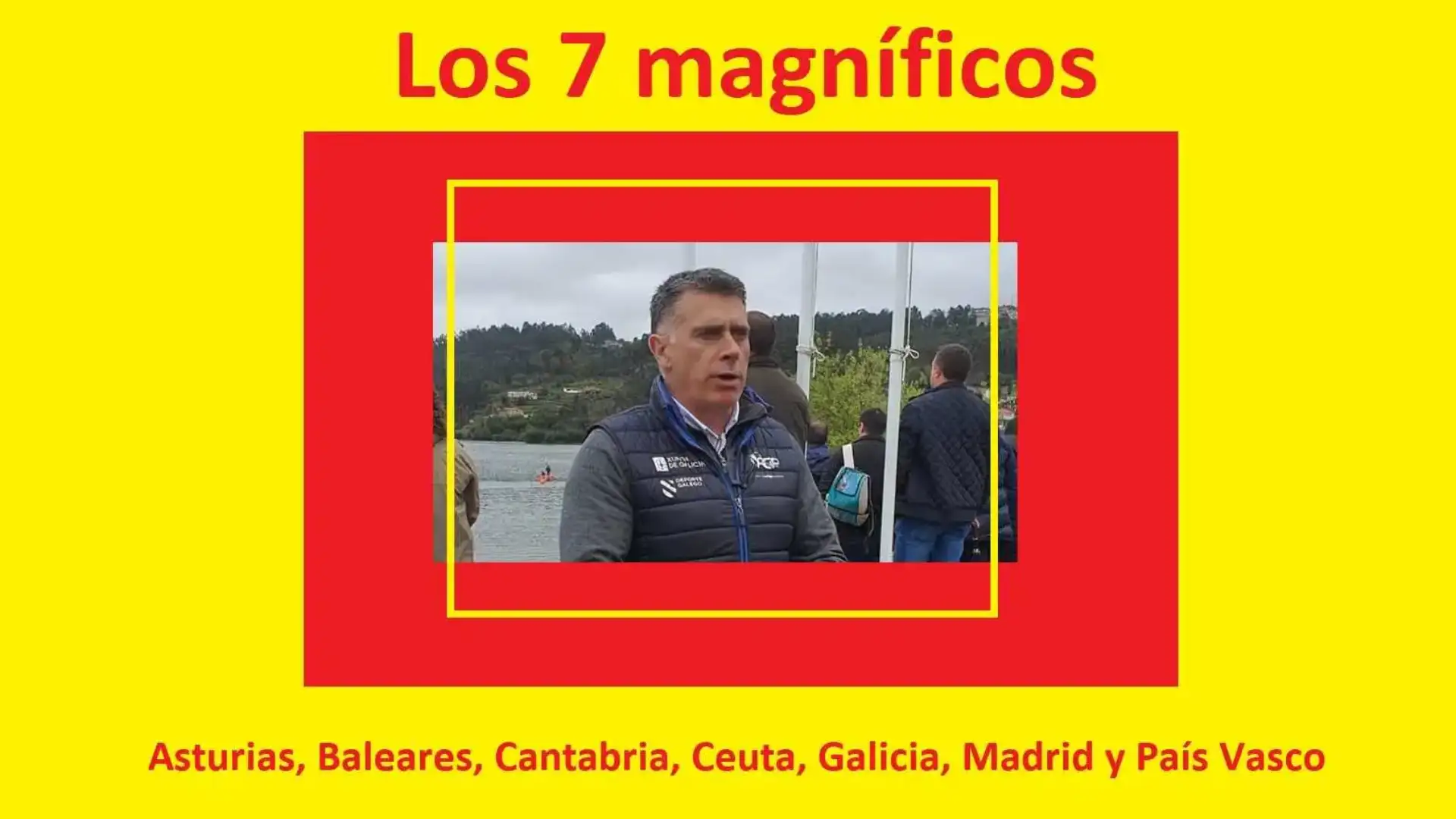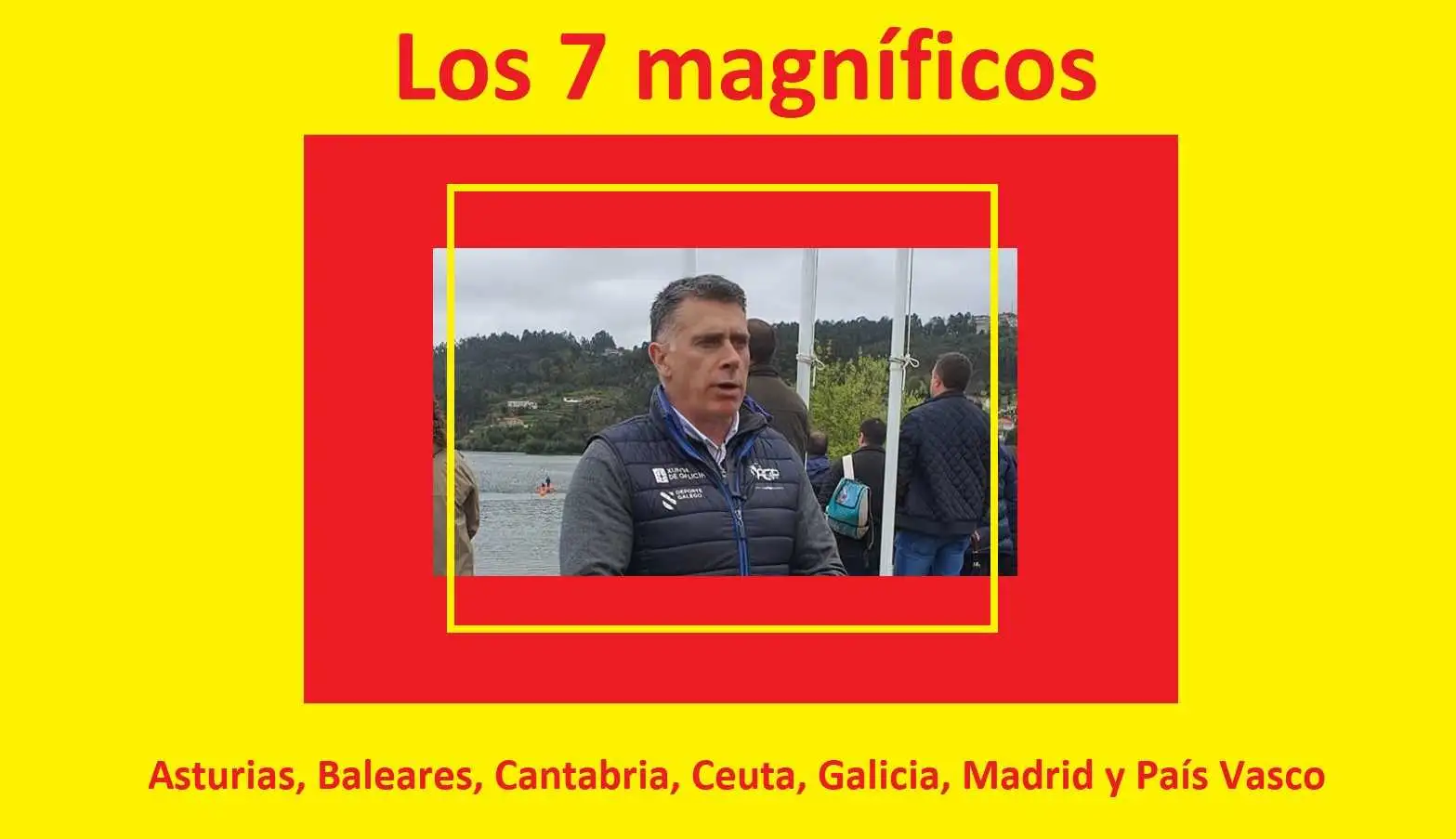
Hernanz leads motion of censure against the president of the Spanish of Piragüismo
Hernanz leads motion of censure against the president of the Spanish of Piragüismo

Alfredo Bea has always been one of the most critical of the Spanish presidency... for a simple reason... those who move this sport are out of the direction... which is unjustifiable and unbearable... in addition to a meaningless barbarity.
Press conference by Javier Hernánz, in which we are communicated to the media present... We have called you to communicate to you in a direct way that this morning the CENSURA MOTION has been formally presented against the current President of the Royal Spanish Federation of Piragüismo.
Javier Hernanz (Arrionda, 1983) has been on a pyre all his life. Perhaps that's why he knows how few of these sports work, which has allowed him to be a medalist in Europeans and the world, in addition to having two Olympic Games. A few months ago, in February, he wanted to give a new impetus to the Spanish Federation of Piragüismo by running for his presidency. A race in which he lost by four votes (52 by 48 votes) with the other candidate, Pedro Pablo Barrios. And now he's announcing a motion with the current president.
The numbers of the seven federations that claim to support the rebellion represent the organizations of 9 out of 10 competitions, which are held each year in our country. The Autonomous Federations that support the motion of censorship, with their enormous work, have been the ones that have taken the chestnuts from the fire to the pyragüism.
The motion of censure has been requested before the Electoral Board by 36 assembly members: 7 president of autonomous federations, 20 clubs and 9 athletes. In this way, the third of the General Assembly, as requested by the statutes of the Royal Spanish Federation of Piragüismo, is being fulfilled.
The Electoral Board has two working days to agree on their admission to the proceedings. Once admitted to the proceedings, it shall be brought to the attention of the President who has 48 hours to convene the Assembly. The date for the meeting of the Assembly may not be before 15 working days after the President has called it, or beyond 30 working days, always counted from the day on which he makes the call. During the first 10 working days, alternative motions may be submitted.
© 2024 Nautica Digital Europe - www.nauticadigital.eu











